Sensitive skin is a common concern affecting millions of people worldwide. Characterized by heightened reactions to various stimuli, sensitive skin can lead to discomfort, irritation, and a persistent challenge in managing skincare routines. This article explores the causes, symptoms, and effective care strategies for sensitive skin, aiming to help individuals understand and manage this condition more effectively.
Causes of Sensitive Skin
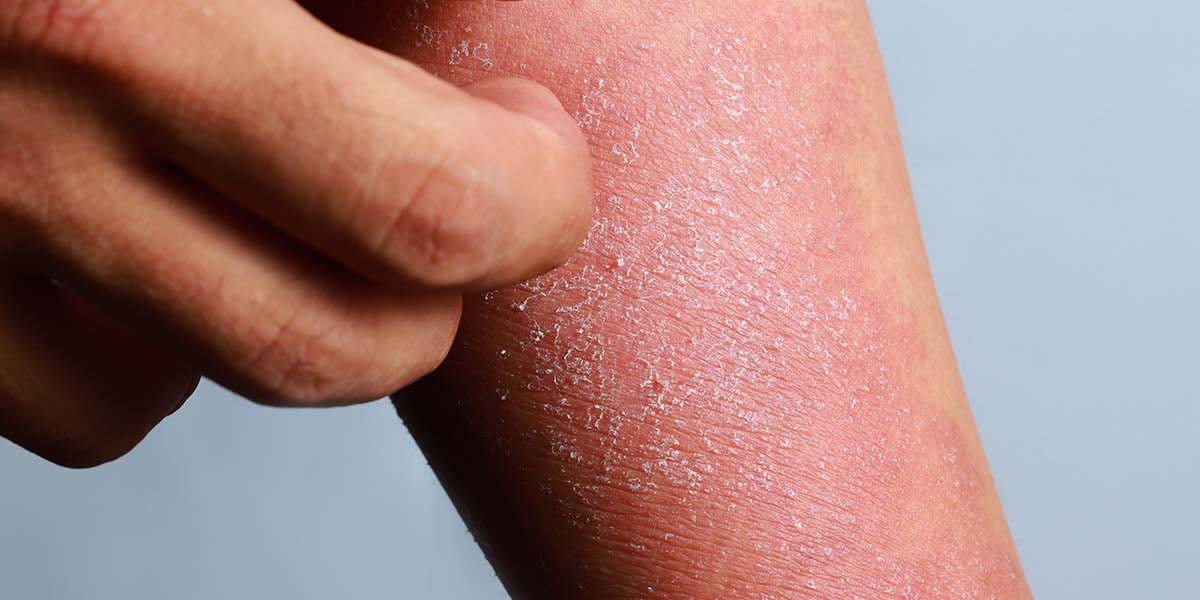
Sensitive skin can result from a variety of factors, both internal and external. Understanding these causes is crucial for managing the condition and minimizing flare-ups.
Genetic Factors
Genetics play a significant role in determining skin sensitivity. Individuals with a family history of sensitive skin, eczema, rosacea, or other dermatological conditions are more likely to experience sensitivity.
Environmental Factors
Environmental aggressors such as pollution, extreme temperatures, and UV radiation can compromise the skin’s barrier function, leading to increased sensitivity. Exposure to harsh weather conditions, such as wind and cold, can also exacerbate symptoms.
Skin Conditions
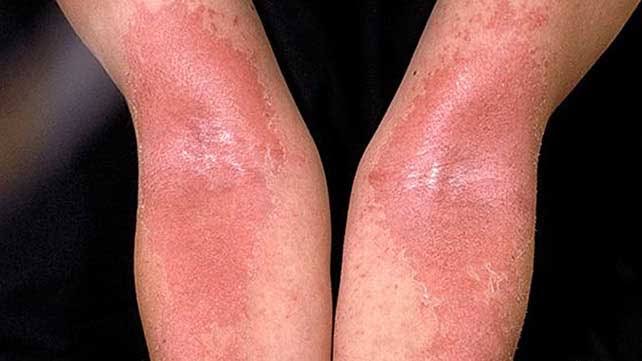
Certain dermatological conditions like eczema, rosacea, and contact dermatitis are inherently linked to sensitive skins. These conditions often involve an impaired skin barrier, making the skin more susceptible to irritants and allergens.
Irritants and Allergens
Exposure to irritants and allergens in skincare products, cosmetics, and household items can trigger reactions in sensitive skin. Common culprits include fragrances, dyes, preservatives, and harsh chemicals like sulfates and alcohols.
Lifestyle Factors
Stress, lack of sleep, and an unhealthy diet can contribute to skin sensitivity. These factors can weaken the skin’s natural defenses, making it more prone to irritation and inflammation.
Symptoms of Sensitive Skin
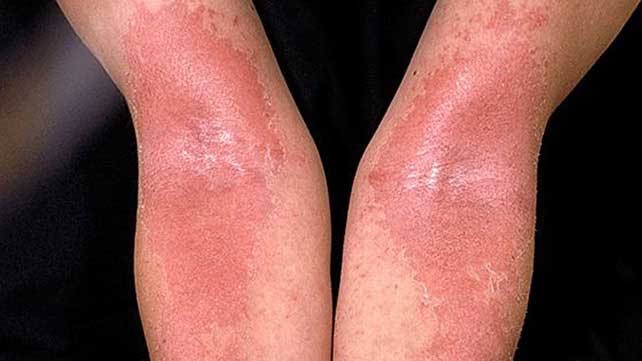
Recognizing the symptoms of sensitive skin is the first step in managing the condition. Common symptoms include:
– Redness: Persistent or recurring redness, often accompanied by a feeling of warmth.
– Dryness and Flaking: The skin may appear dry, rough, and prone to flaking.
– Itching and Burning: A sensation of itching, burning, or stinging, particularly after applying certain products.
– Tightness: The skin may feel tight and uncomfortable, especially after cleansing.
– Breakouts: Sensitive skin can be prone to breakouts and rashes, even from minor irritations.
Care Strategies for Sensitive Skin
Managing sensitive skin requires a careful and considered approach to skincare. The following strategies can help soothe and protect sensitive skin.
Gentle Cleansing
Choosing a mild, fragrance-free cleanser is crucial for sensitive skins. Avoid harsh soaps and detergents that can strip the skin of its natural oils, leading to dryness and irritation. Opt for cleansers with soothing ingredients like aloe vera, chamomile, and oatmeal.
Moisturizing
Keeping the skin well-hydrated is essential for maintaining its barrier function. Look for moisturizers that are free from fragrances, dyes, and preservatives. Ingredients like hyaluronic acid, ceramides, and glycerin can help lock in moisture and strengthen the skin barrier.
Sun Protection
UV radiation can aggravate sensitive skins, so daily sun protection is vital. Choose a broad-spectrum sunscreen with an SPF of at least 30, formulated for sensitive skin. Physical sunscreens containing zinc oxide or titanium dioxide are often less irritating than chemical sunscreens.
Avoiding Irritants
Read labels carefully and avoid products containing known irritants and allergens. Patch testing new products on a small area of skin before full application can help identify potential reactions.
Stress Management
Incorporating stress-reducing activities into your routine, such as yoga, meditation, or regular exercise, can help improve overall skin health. Adequate sleep and a balanced diet rich in antioxidants, vitamins, and minerals also support skin resilience.
Seeking Professional Advice
If over-the-counter products and self-care strategies do not alleviate symptoms, consulting a dermatologist is recommended. They can provide tailored advice and may prescribe treatments like topical corticosteroids or antihistamines to manage severe reactions.
Sensitive skins requires a mindful and informed approach to care. By understanding the causes and symptoms of sensitivity, individuals can make better choices in their skincare routines and lifestyle habits. Emphasizing gentle, soothing, and protective measures can significantly improve the condition, leading to healthier, more comfortable skin. For persistent issues, professional guidance ensures that sensitive skins are managed effectively and safely.
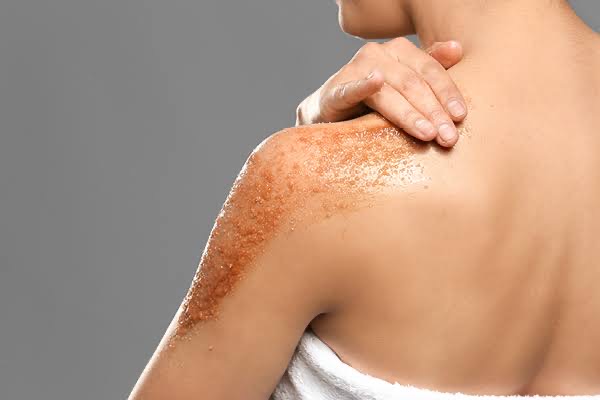
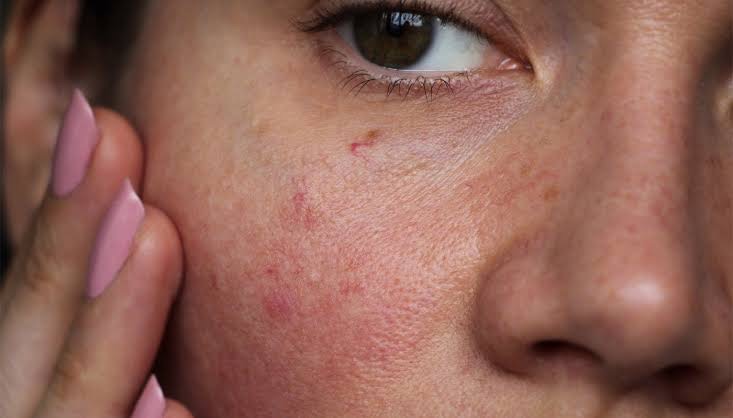

Pingback: The Importance of Vitamin E for Skin Health - SimplExplainer
Pingback: skin exfoliation tips